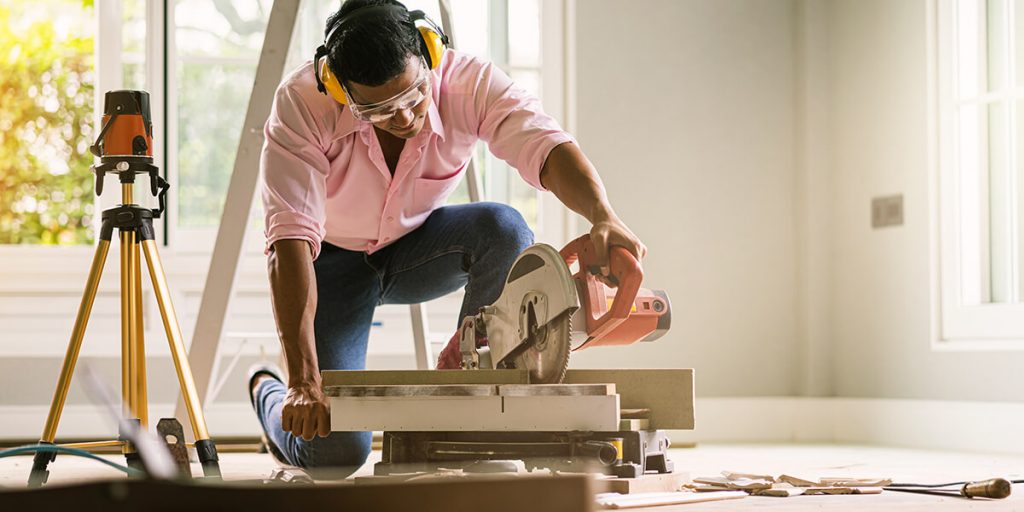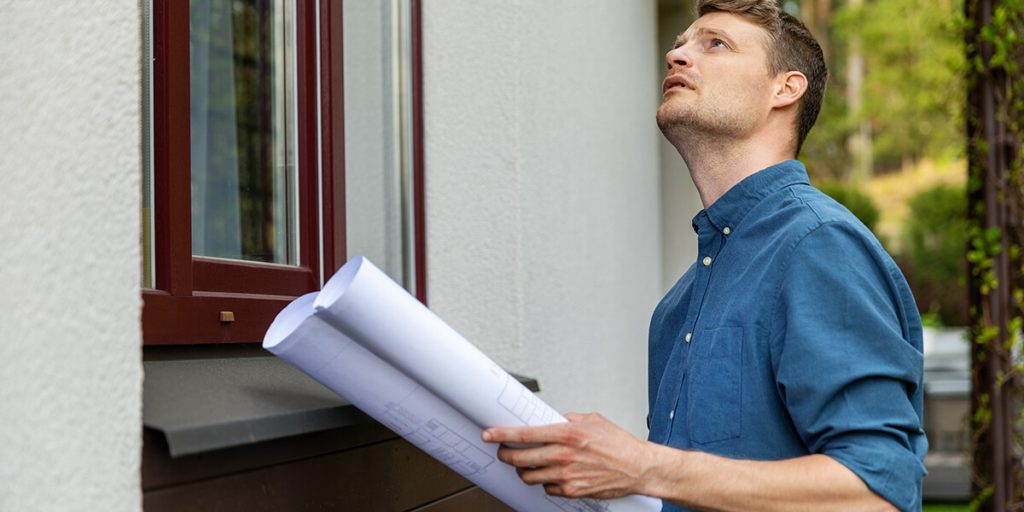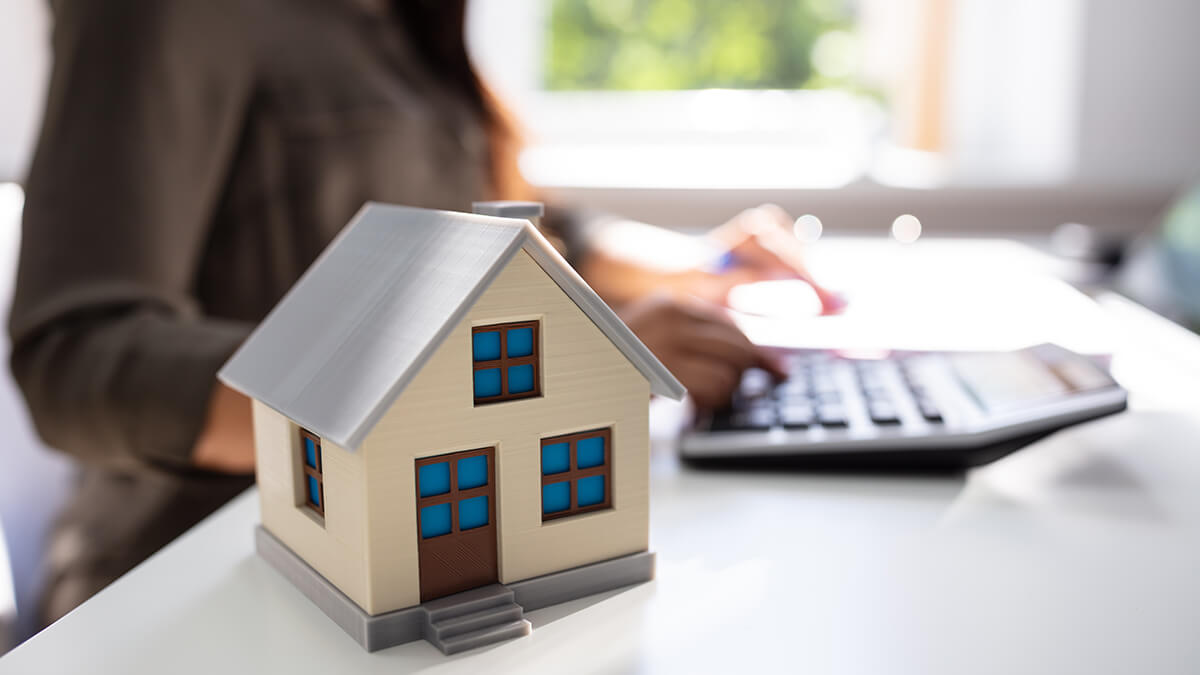Appraisers evaluate properties based on the interior and exterior of the home. Some exterior qualities include the lot size, as well as the roof, windows, and foundation conditions. Some interior qualities include the number and size of bedrooms and bathrooms, as well as the walls, flooring, and appliance conditions.
In this article, we’ll dive into the primary qualities home appraisers look for during inspections, and how to avoid a low appraisal.
If you’re looking for a quick valuation on your home, visit iBuyer.com. We connect homeowners with competitive cash buyers who will purchase homes as-is, eliminating the need to invest in repairs.
What Appraisers Look For
Compare Cash Offers from Top Home Buyers. Delivered by Your Local iBuyer Certified Specialist.
One Expert, Multiple Offers, No Obligation.
What does an appraiser look for when appraising a house?
When appraising a house, an appraiser examines several factors to assess its value. They look for significant signs of disrepair, including the condition of the walls, floors, and carpeting. They also evaluate the functionality and state of the kitchen appliances, bathrooms, and materials used throughout the home.
Additionally, the appraiser will inspect the HVAC system, roof, and the overall exterior of the home. Key aspects like the home’s structural integrity, location, and any updates or renovations also play a crucial role in the appraisal process.
External factors
When appraisers visit your property, they aren’t there for a long time, which makes it essential to understand what appraisers look for from the outside.
An article by HomeLight shares some useful insights about this, “Depending on your property’s condition and size, the appraisal process can be a quick 15-minute visit or a two- to three-hour examination.”
Apart from the age, structure, and location of your property, what do appraisers look for when appraising a home?
- Site
- Lot size
- Construction quality
- Roof, windows, or siding
- Foundation
- Guttering or siding
- Driveway and parking facilities
- Neighborhood
- Zoning classification
- Provision of public utilities
- Curb appeal
- Landscaping
By conducting an external appraisal of your home, what appraisers do is check for defects or damage in the construction. If there’s an issue with the roof, foundation or even siding, it’ll be reported in the appraisal, affecting your property’s value.
That’s why, if you are selling your home in the traditional way with a real estate agent, as opposed to requesting an instant cash offer from an iBuyer, you should make necessary home improvements and repairs before the appraisal, to get the best value for your home.
Internal factors

The inside of any home reflects more than what meets the eye, and appraisers are on the lookout for what’s not easily noticeable. What appraisers usually look for inside the house is the number of bedrooms and bathrooms – as well as the functional layout and the size of each room.
More often than not, large bedrooms and bathrooms tend to get you a better value. After all, it’s all about living in a home that can be expanded if the family size increases.
There’s also much more to what appraisers look for inside a house. Other considerations include:
- Electrical and plumbing systems
- Fire escapes
- HVAC system
- Handrails
- Appliances (number and quality)
- Condition of the interiors
- Light fixtures
- Storage space
- Windows and doors
- Walls
- Flooring
- Energy-efficient features
Pro Tip: When focusing on what appraisers look for inside your house, don’t focus too much on your home’s décor. Your property’s overall condition, layout, and size impact its appraisal more than your décor or your furniture do. If your place needs repairs and you are not selling through iBuying, you might be best off taking care of them before having your home appraised. Nothing affects your property’s value as adversely as damages, so, rather than spending money on decor, rather ensure that your home is in good condition.
General condition and home improvements

In figuring out what home appraisers look for, it’s important to understand the importance of upgrades, repairs, and renovations.
You can start by looking for structural damage. Check for red flags like cracks in the ceiling or exposed electrical wires. Also, take a thorough look at your home’s heat and air and consider upgrading these systems if needed.
Besides fixing the visible defects, you might want to renovate your home and improve its condition for appraisal, as that’s what home appraisals take into account. Of course, you don’t have to burn a hole in your pocket while fixing those holes in your wall, but a few low-cost home renovations and improvements can increase your appraisal value drastically.
Perhaps consider installing a new front door or replacing damaged flooring with hardwood floors for that well-kept impression. Even installing a security system will mean that your home is secure from intruders and may lead to a better appraised value.
Improvements of any kind will usually contribute to your property’s value, which is why it’s necessary to list upgrades, repairs and renovations, so your appraiser knows the effort you put in.
When considering what appraisers look for in a home appraisal, always keep in mind that they would be interested in what extras you have done to make your home better and safer than its original or previous condition. Make sure that you mention all upgrades and renovations during the appraisal process.
How large is the property?
When it comes to the impact of a home’s size on its appraisal—the bigger, the better. The fact that a property is expandable and large enough to accommodate a family shouldn’t be overlooked. After all, it’s no surprise that many people prefer larger homes and larger lots. As such, your home’s overall square footage does have a crucial role to play in determining its actual worth, and that’s one thing real estate agents look for.
What home appraisers usually look for is the space distribution—they determine how well the entire space is utilized and how much of your property is livable. If you have a spacious home, but it isn’t well-designed, or the area isn’t well-distributed throughout the house, your property’s appraised value may take a hit.
Tips to avoid a low real estate appraisal
It makes sense to prepare for your real estate appraisal, but do so with an open mind. As Investopedia highlights, “Appraisals don’t always come in at the values borrowers hope for, and they are a human process with room for subjectivity and mistakes.”
Nobody wants a low appraisal, either while refinancing or selling a home. While the odds of a high appraisal may not always be there, it doesn’t hurt to do a few simple things that can increase your chances of a favorable appraisal.
Apart from repairing the damage and listing your improvements, as mentioned above, here’s what else you can do to avoid a low appraisal, considering what appraisers look for:
- Focus on the landscape – Your lawn or garden is probably the first thing that an appraiser would notice when entering your property. So, instead of excessively worrying about what all do appraisers look for while appraising a home, make a good first impression by focusing on the landscape. Ensure your yard is clean, remove debris, cut the grass, and create a few focal points with natural elements such as a stone path, a garden bed, etc. When you put effort into making your home look good, it shows. And there’s no denying that an appraiser would rank a beautiful property higher than an unappealing one.
- Looks sell – Not just the landscape, but your entire house needs your attention and care. A spick-and-span house will sell faster than a cluttered, untidy one. So, clean your home well in advance as it’s one of the things real estate appraisers look for. If not on your own, you can always hire professional cleaners to do their job. However, even after a deep clean is done, don’t neglect the power of maintaining an orderly home daily. Keep the kitchen tidy, the bathrooms clean, and the bedrooms neat as a pin.
- Be courteous and helpful – Finally, be helpful to the appraiser. Provide clear and honest answers to their questions. Nothing beats a good and positive attitude. So, welcome the appraiser with a smile and not a frown. Remember that they are just doing their job, so try to make them comfortable.
- Know your comps – “Comps” or comparable houses in your area are worth researching when you’re wondering what appraisers do. Find out if similar property values change with the season. For example, there could be more demand for houses in your neighborhood during the summer.
Pro Tip: Try getting an appraisal when sales are high. You might even want to get an estimate of your home’s worth or sell it quickly to an iBuyer. You can check your home’s value and see what you’d get for an all-cash offer by entering your home address at iBuyer.com. Selling to an iBuyer can make your life easier, as iBuyers take care of all the upgrades and repairs for you.
In summary: before an appraisal, think like an appraiser

The key takeaway from this guide is to think like an appraiser and understanding what appraisers do. Keeping all your emotions aside, evaluate your home rationally like an appraiser. When you know how an appraiser assesses your home, you’ll likely see it differently.
Go through all the external and internal factors mentioned in this guide that an appraiser might consider and make improvements wherever necessary. Following the simple tips given in this guide can help you avoid a low appraisal.




